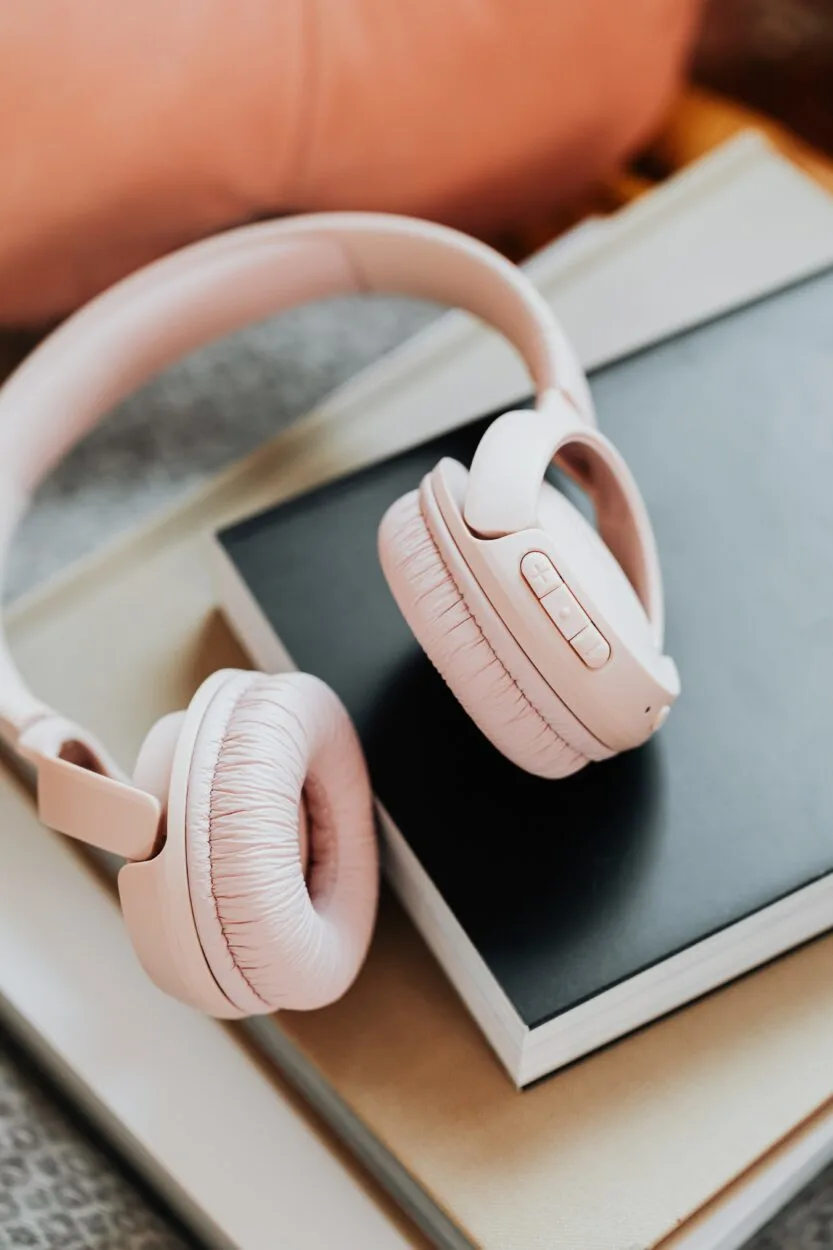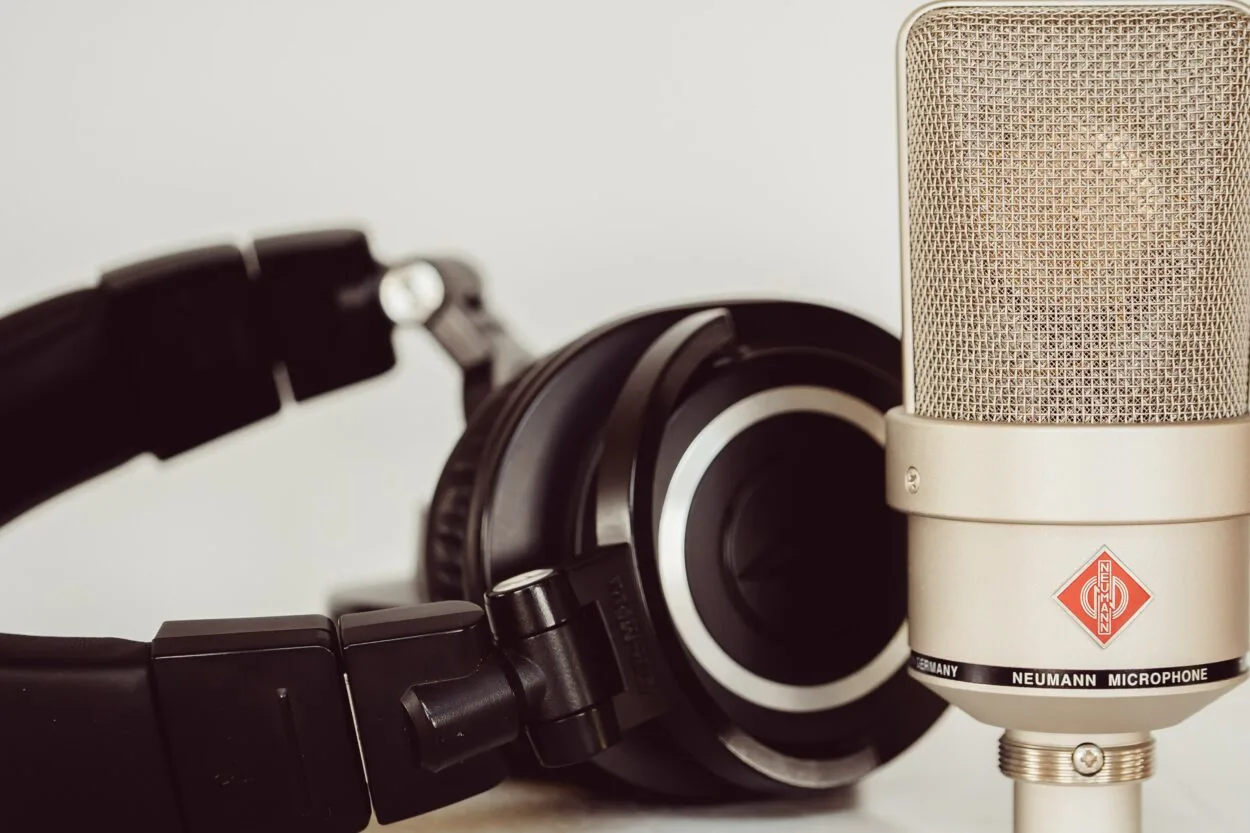Short answer: Bluetooth headphones offer wireless convenience but have drawbacks such as connectivity issues, short battery life, sound quality problems, delay, incompatibility, interference, and cost, so users should consider their audio needs and preferences before making a purchase.
These days, it seems like everyone wants a pair of wireless headphones so they can listen to music or podcasts without being linked to their phone or computer.
With any technology, though, wireless headphones come with their share of pros and negatives that you should weigh carefully before making a purchase.
On the plus side, wireless headphones provide several benefits, such as hands-free use, noise reduction, interoperability, and a plethora of aesthetic options.
Nevertheless, compared to wired headphones, wireless models have several drawbacks, including poor connection, short battery life, significant discomfort, and worse audio quality.
If you’re looking to buy a set of wireless headphones, but aren’t sure whether they’re worth the benefits or drawbacks, this article can help you decide.
| Advantages | Disadvantages |
|---|---|
| Wireless Connectivity: Bluetooth headphones do not require any wires or cables, which makes them convenient to use, especially during physical activities. | Limited Battery Life: Bluetooth headphones require a battery to function, which may not last long enough to meet the user’s needs. This could lead to interruptions in audio playback. |
| Wide Compatibility: Bluetooth headphones are compatible with a range of devices, including smartphones, laptops, and tablets, which makes them versatile and easy to use. | Connectivity Issues: Bluetooth connectivity can be affected by distance, obstacles, or interference from other devices, leading to audio disruptions or dropouts. |
| Improved Sound Quality: Bluetooth technology has significantly improved over the years, offering high-quality audio performance with minimal distortion or signal loss. | Limited Range of Styles and Designs: The variety of designs and styles of Bluetooth headphones is not as diverse as wired headphones, which could limit the user’s choice. |
| Noise Cancellation: Many Bluetooth headphones feature noise-cancellation technology, which eliminates external noise and provides an immersive listening experience. | Price: Bluetooth headphones can be more expensive than their wired counterparts, which may not be suitable for users on a tight budget. |
| Hands-free Functionality: Many Bluetooth headphones come equipped with a built-in microphone, allowing users to make and receive calls hands-free, which makes them ideal for use while driving or in a busy environment. | Comfort: The design and fit of Bluetooth headphones may not be as comfortable as wired headphones, especially during extended use. |
What Are The Advantages Of Wireless Headphones?
The popularity of wireless headphones has risen steadily over the years, thanks to their portability, versatility, and ease of use.
To avoid the frustration of tangled connections, these headphones are wire-free and cable-less. In addition, there are several varieties of wireless headphones available, such as Bluetooth and radio frequency, each of which has its own set of advantages and disadvantages.
This has prompted the widespread use of wireless headphones throughout a wide range of activities, such as working out, going on walks, and commuting to and from work.
This piece will discuss the benefits of wireless headphones and why they have quickly become a consumer favorite among music lovers.

Noise Cancellation
The ability to block out ambient noise and create a more intimate listening environment is a major selling point for wireless headphones like those that use Bluetooth technology. This function shines brightest in noisy settings, such as aircraft, trains, or crowded city streets.
Listening to music without distractions is made possible through noise cancellation technology, which works by producing an opposing sound wave to cancel out ambient noise.
In reducing ambient noise and allowing the listener to focus on the audio, this function improves the quality of the audio experience as a whole.
As noise cancellation technology eliminates the need to turn up the volume to drown out background noise, it also lessens the likelihood that users would have permanent hearing loss as a result of prolonged exposure.
Listening to music at unsafe volumes can lead to permanent hearing loss, making this function crucial, especially for long-term music listeners.
Yet there are real-world advantages to noise cancellation technologies, such as helping people focus and get more done despite background noise.
Anybody who regularly finds themselves working in a noisy environment, such as a shared office or a public space, may appreciate this function.
Ultimately, Bluetooth headphones’ noise-canceling features are a major plus, allowing listeners to tune out the world around them and fully immerse themselves in their music.
Bluetooth headphones are useful and effective because of this function, which lessens the likelihood of long-term hearing loss and raises the quality of the listening experience.
Hands-free Functionality
Bluetooth headphones’ major benefit is their hands-free capability, which allows users to take and make calls without having to remove their headphones from their ears.
The user’s speech may be heard and transmitted thanks to the built-in microphone included in many Bluetooth headphones.
Drivers, professionals, and others with mobility challenges will find this function extremely helpful. By allowing users to talk on the phone without having to put down other duties, hands-free technology improves productivity in the workplace and everyday life.
In addition, hands-free capabilities further guarantee security on the road by allowing drivers to maintain both hands on the wheel and eyes on the road even as they talk on the phone.
Distracted driving is a major source of traffic accidents throughout the world, but this safety feature should help mitigate that problem.
Bluetooth headphones’ hands-free features improve the listening experience beyond their practical value. The microphone has come a long way in recent years, and now it captures sound with remarkable clarity during phone calls.
Bluetooth headphones, because of their hands-free feature, are a useful and efficient item for people who need to juggle many tasks at once.
Bluetooth headphones are a great option for anyone seeking a flexible and useful pair of headphones due to their hands-free calling and music streaming capabilities as well as their ability to keep listeners safe while driving.
Wide Compatibility
Because Bluetooth is now the de facto wireless standard, any device that can receive data from or send data to a Bluetooth device may use Bluetooth headphones.
Those with several devices who don’t want to swap earbuds will like this function. Because of Bluetooth technology, listening to music on many devices at once is not only possible but also incredibly easy.
Bluetooth headphones are not only simple to use but also save you time and effort by doing away with the need for wires and cords.
For those who place a premium on convenience, Bluetooth headphones are a great option since they eliminate the need for tangled cables and the hassle of tracking down the correct connector.
A large number of Bluetooth headphones available today means that customers may choose ones that are both affordable and aesthetically pleasing, which is just one of the many practical advantages of widespread compatibility.
Not only are Bluetooth headphones convenient for use with many devices, but their compatibility with both iOS and Android has made them a hot commodity.
In conclusion, Bluetooth headphones’ broad adaptability is a major perk, providing its owners with a flexible and handy tool for their daily lives.
In addition to removing the need for cumbersome wires and cords, this functionality also guarantees uniformity among a user’s various devices and expands their possibilities.

Disadvantages Of Wireless Headphones
Wireless headphones’ popularity has risen since it allows listeners more mobility and less cord clutter. Yet, prospective buyers should know that wireless headphones, like any other technological innovation, are not without their drawbacks.
Some of these drawbacks include costing more than corded headphones, having a shorter battery life, and producing lower-quality sound.
However, wireless headphones might be prone to connection difficulties including signal interference and dropouts.
If you’re trying to decide whether wired or wireless headphones are better for your requirements, it’s important to consider the two options carefully.
Wide Range Of Styles And Designs
A potential drawback of Bluetooth headphones is the lack of variety in available designs and styles. Manufacturers of Bluetooth headphones are still trying to catch up with the trend and suit the varying demands of consumers, unlike those of traditional wired headphones.
The lack of adjustable features like ear tips and ear cups that may conform to the user’s ears is a major drawback of Bluetooth headphones.
After some time, this might cause physical pain and suffering, diminishing the listening experience as a whole. In addition, some people may not like Bluetooth headphones because of their modern, minimalist style.
The sound quality might also be affected by the Bluetooth headphones’ design and style. Some people may put aesthetics above practicality, which might lead to worse sound quality and a less satisfying listening experience. Hence, before buying headphones, it is essential to think about the quality and design.
To sum up, while Bluetooth headphones do provide a wireless and easy listening experience, the restricted selection of styles and designs might be negative for some consumers. Yet, as technology progresses, more unique and creative designs will become available.
Connectivity Issues
Bluetooth headphones’ connection problems are a major drawback that might degrade the listening experience.
As a result of their reliance on wireless communication, Bluetooth headphones are sometimes disrupted by noise or experience brief interruptions in service.
While using Bluetooth headphones, signal interference from other Bluetooth devices or other wireless signals is a typical source of connectivity problems. The audio quality will degrade or the headphones can even stop working due to the disruption.
However, in densely populated regions, the Bluetooth connection’s range may be inadequate. Due to this restriction, users may experience signal dropouts, when the music suddenly stops playing or the quality drops.
It’s also possible that some gadgets won’t play nice with your Bluetooth headphones, which might make pairing or keeping a connection a hassle. Users may find these problems particularly infuriating if they must frequently use their headphones for purposes other than leisure or business.
Bluetooth headphones have a major drawback in the form of connectivity difficulties, which can negatively impact the user’s audio experience and lead to irritation.
Some of these problems, however, can be lessened by making sure the gadget and the headphones are compatible and by staying out of regions where there are a lot of Bluetooth gadgets in use simultaneously.
If you want to get a pair of Bluetooth headphones that fits your demands and delivers a consistent audio experience, you need to think about the connecting options available.
Comfort
When looking for new headphones, comfort should be a top priority. This is a major drawback of wireless Bluetooth headphones.
While there are Bluetooth headphones available that are meant to be lightweight and pleasant for extended usage, there are also versions available with a bulkier design that may be uncomfortable.
The size and shape of the ear cups are major contributors to the unpleasantness of using Bluetooth headphones.
If the ear cups aren’t the right size, they won’t be able to fully cover your ears, which can cause irritation and pain. Nevertheless, if the ear cups are excessively big, they may not fit firmly, which can cause pain and poor sound quality.
A further potential source of irritation after extended usage is a headband that is overly tight in some Bluetooth headphones. Heavier headphones may be more of a burden on the neck and shoulders and worsen the problem.
The ear cups’ material in Bluetooth headphones may also be irritating, leading to perspiration and itchiness. Exercising or being outside in hot temperatures might exacerbate this condition.

Limited Battery Life
Another major drawback of Bluetooth headphones is their short battery life, which can negatively impact the user’s listening experience. Bluetooth headphones have a limited listening duration since they use an internal battery.
While some versions of Bluetooth headphones may only last for a few hours of listening, others may last for up to 30 hours or more on a single charge.
Users who need to use their headphones frequently may find this short battery life unpleasant since it requires them to recharge frequently, which disrupts their listening experience.
There’s also the possibility that, with continued use, Bluetooth headphones’ batteries can deteriorate, resulting in shorter listening sessions and more frequent recharges.
If the user listens to their headphones regularly at full volume or if the battery isn’t cared for properly, this problem might become much more severe.
Moreover, consumers who need to use their headphones often may find the long charging period of some Bluetooth headphones to be an inconvenience. You may avoid this problem altogether by getting headphones with rapid charging capability or by getting a spare set of headphones.
In conclusion, Bluetooth headphones’ short battery life is a major drawback that can negatively impact the user’s listening experience and cause disruptions and dissatisfaction.
While shopping for Bluetooth headphones, it is crucial to think about the battery life and choose a pair that has a playback duration suitable for your needs.
Conclusion
- Bluetooth headphones have connectivity issues, a short battery life, and sound quality that can be compromised by interference and other forms of noise.
- Bluetooth headphones have the problem of delay or lag, which can be distracting when playing video games or viewing movies.
- Users should consider their audio requirements and preferences when shopping for a set.
- Bluetooth headphones have several drawbacks, including incompatibility, interference, and cost.
- Bluetooth headphones have the benefit of being wireless but can be expensive, so it is important to weigh the advantages of wireless connectivity against the added cost.
